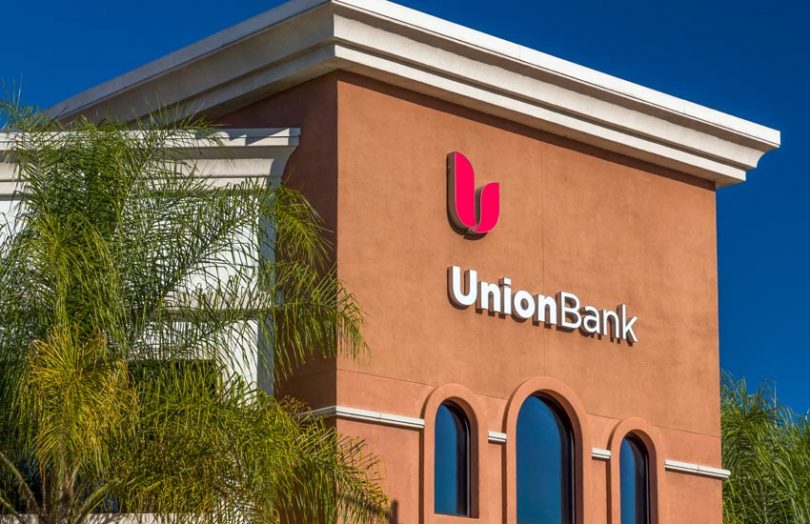Today Union Bank of the Philippines and Standard Chartered Ventures said they co-created a blockchain platform for retail bond issuance. It was used as part of a proof of concept to tokenize PHP 9 billion ($190 million) of bonds issued by UnionBank. To comply with retail bond guidelines, the tokens mirrored a traditional transaction, and the tokens were not allocated directly to investors.
“We are keen to see the day when investors can buy and sell bonds, even on the secondary markets at a click of a button on their phones,” said Jose Emmanuel Hilado UnionBank EVP and CFO. “This proof of concept begins the journey of the democratization of bonds.”
The process was completely paperless, including account verification, ensuring the investment was appropriate for the client, and the customer application.
“The bond infrastructure around the world has been designed primarily for institutional investors and involves a number of intermediaries to buy and subsequently trade bonds, making it less accessible to retail investors. To an average investor, providing direct access to issuers is critical in allowing them to reap the full benefits of their investment,” said Aaron Gwak, Standard Chartered Head of Capital Markets, ASEAN.
Earlier this year, UnionBank was involved in the retail bond issuance platform bonds.PH, where the government of the Philippines issued bonds.
The Bank of Thailand is another central bank that recently issued retail savings bonds using blockchain, and the Bank of Korea is developing a platform for government bonds.
Meanwhile, blockchain-based bond solutions are being launched all over the world. Other Asian solutions include SGX, BondEvalue and STACS, which is working on a Malaysian solution. And in Japan SBI and Nomura have collaborated on BOOSTRY and security token offering (STO) platform that is initially being used for bonds.






